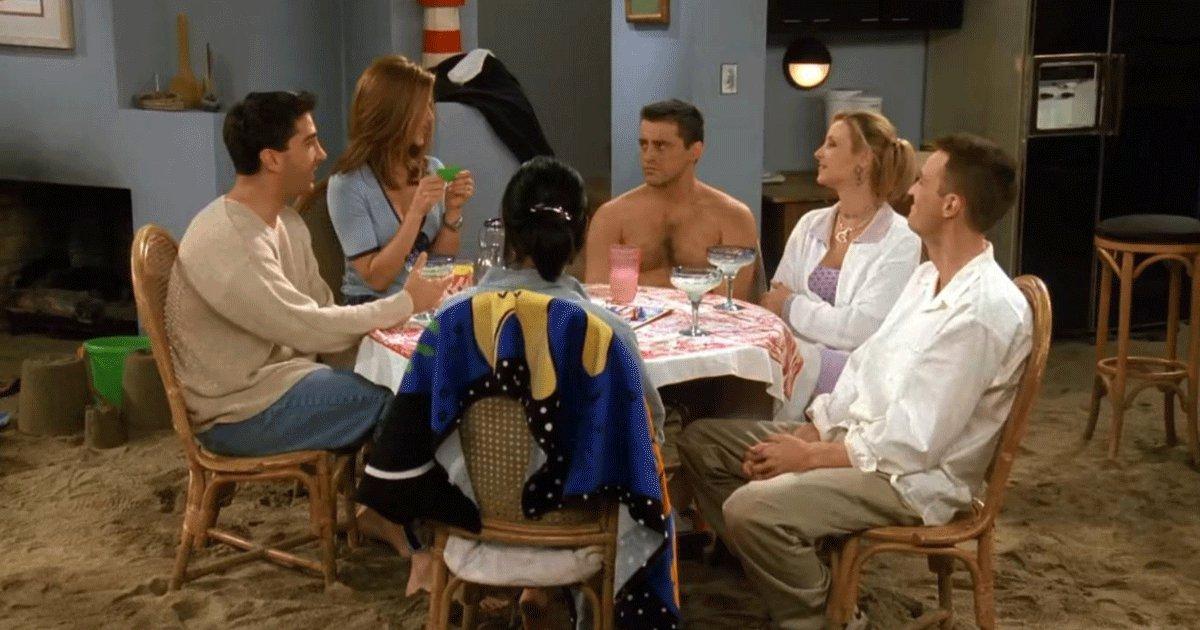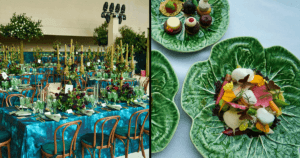We all love jhal muri! And it’s not just us Indians. Remember this guy, selling jhal muri outside The Oval?

Jhal muri is an Indian treasure, possibly more valuable than the Kohinoor itself!
But we are not here about that. This is an appreciation post for the main ingredient in jhal muri.
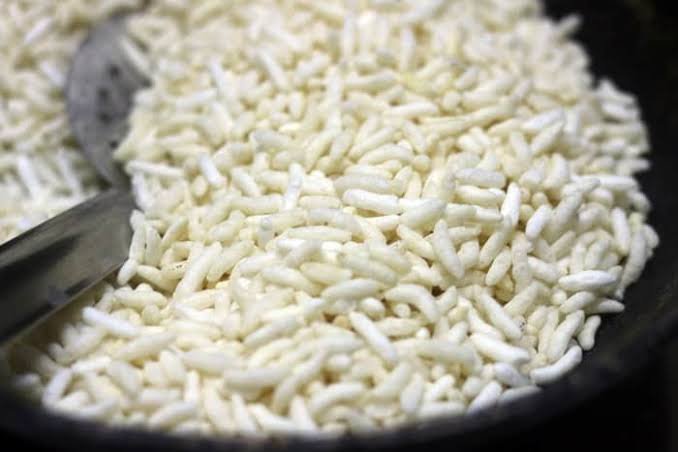
So let’s talk about muri (puffed rice), also known as mudhi, murai or something else, depending on which part of this country you are from.
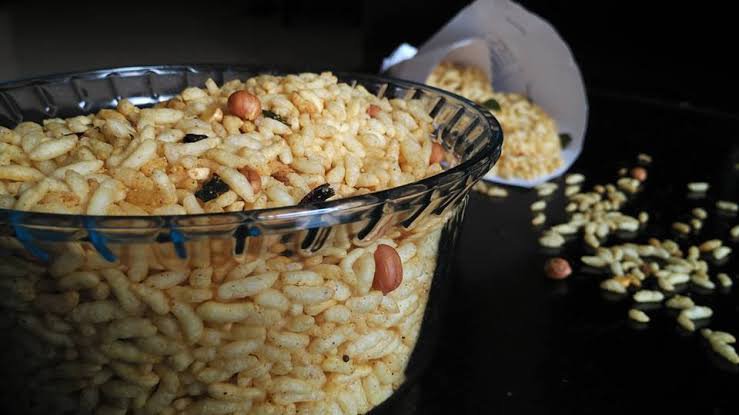
Coming from a family where both parents had jobs, I didn’t expect them to cook me breakfast in the morning or snacks in the evening on a daily basis.
Toasted bread got boring after a while and scrambled eggs seemed like something rich brats used to eat.

Which is where muri came in. It was easy to serve and even easier to eat. Also, there was no real preparation. My mom literally mixed chana chur in the muri and served what we used to call ‘muri mixture’.
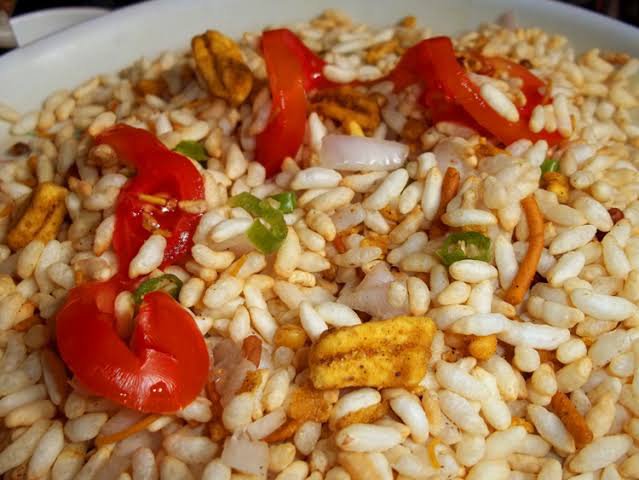
And it was a delight. Like a packet of chips, you could just carry it around the house and eat it as you please, sometimes dropping it as you went along, only to get screamed at by your mother.
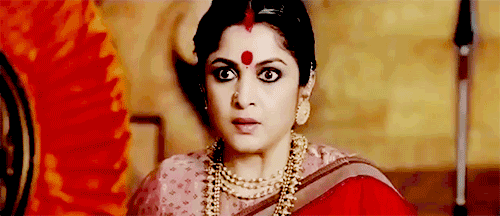
But this was the only thing you did with Muri. People from the northern districts of Odisha used to mix Muri with chicken curry (Mudhi Mansa) and it was literally the most delicious dish that was ever made.
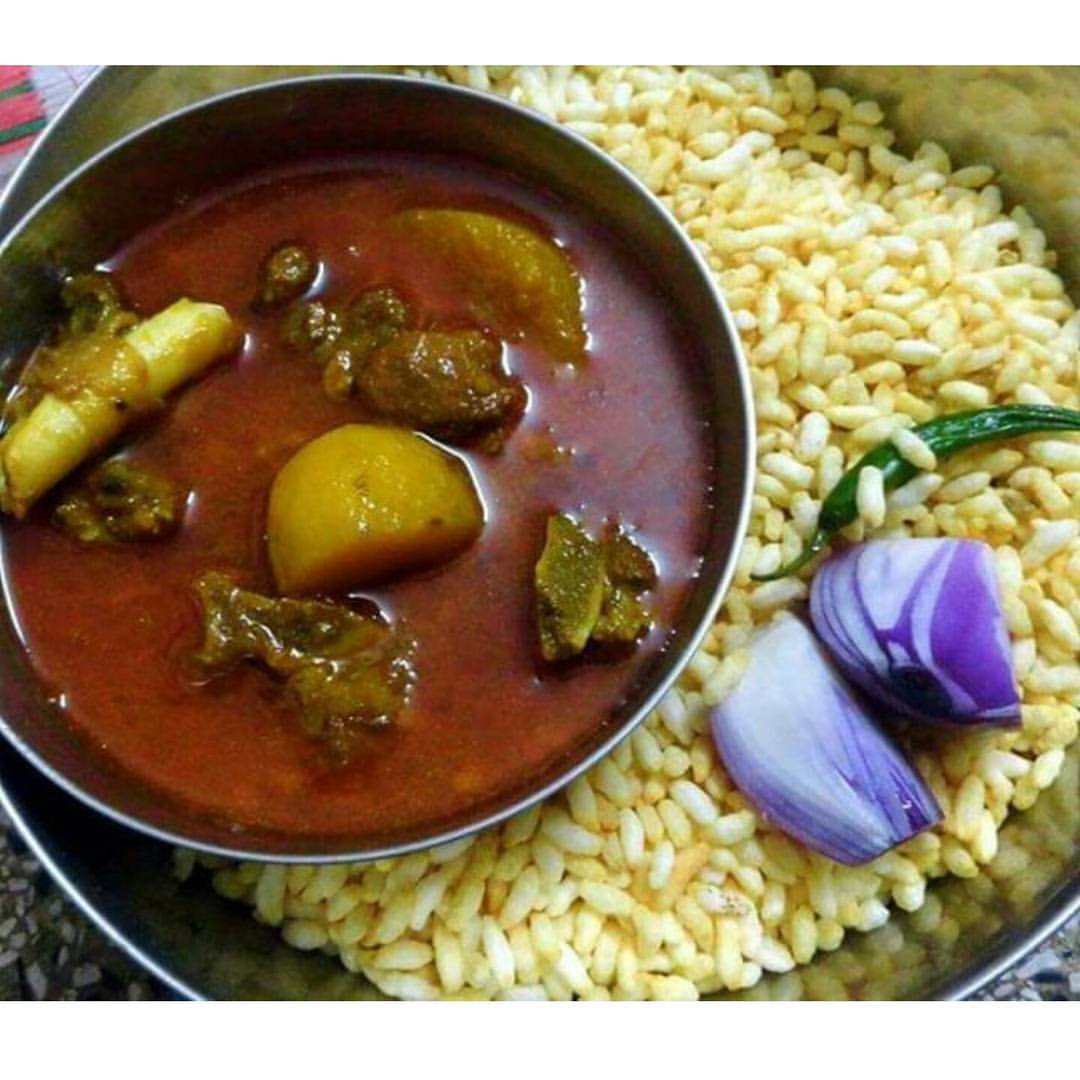
In other parts of the country, like Telengana, muri ke ladoos are made with jaggery syrup and served a snack. Yes, it’s not even a dessert, and yet, it’s so damn good!
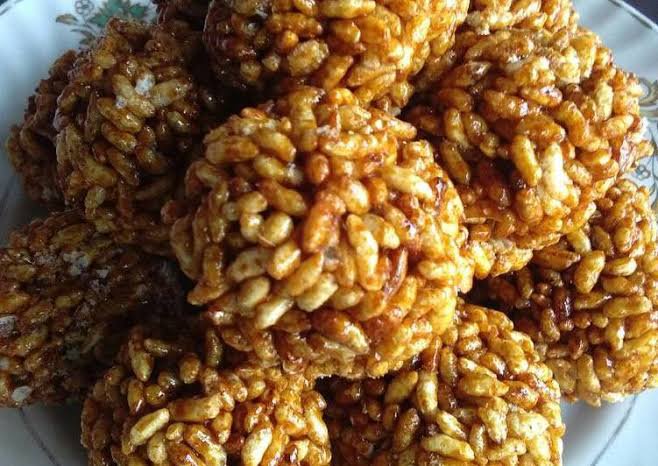
Hell, this is the one dish, that brings Odias and Bengalis together!
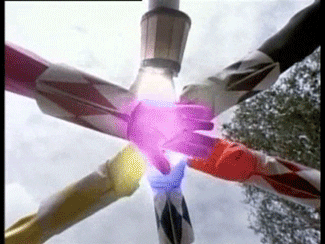
That’s the thing about Muri. Everyone loves it, no matter how it is prepared.
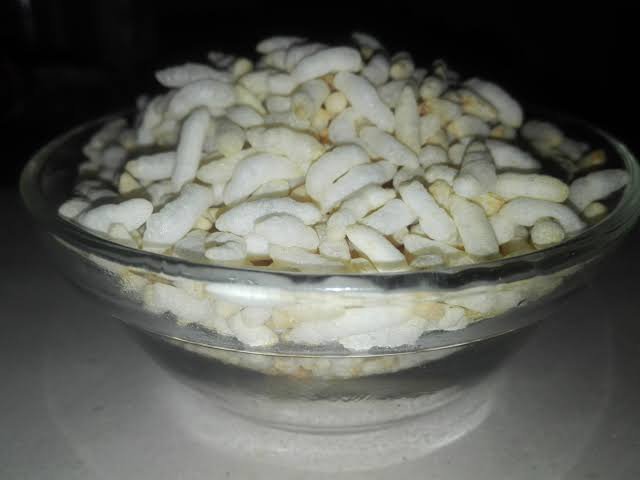
I can remember, after a busy day at work, my parents would just make mudhi mixture and put in a giant bowl and we would share it in a circle and we would all talk and laugh and talk about how our day was.
Also, every time someone hung on to the bowl for too long, everyone would be on their case about not passing it to the next person.
It wasn’t just food. It brought families together and stories were shared over it. It was the small town experience.

We didn’t have muri available in general stores. There was the muri wala, who used to come on a bicycle, twice every week with a large sack and weighing scales and you had to get hold of him, when he shouted on the streets.

Even today, whenever I treat myself to muri, it reminds me of home, of the small town I grew up in. And I am sure, for many of you, who started somewhere with much less smoke in the air, cleaner rivers, and fresh vegetables, muri still feels like home.





